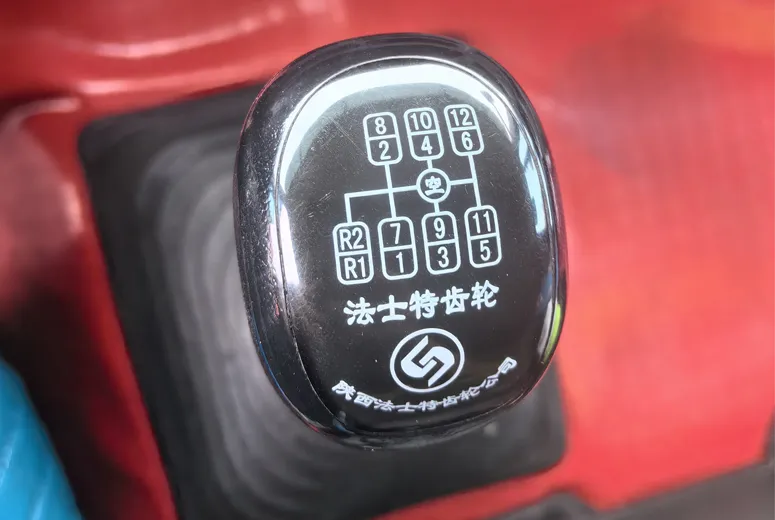Innovative Electric Tractors Revolutionizing Sustainable Farming Practices for the Future
The Future of Farming Embracing Electric Tractors
As the world grapples with the pressing issues of climate change and sustainable farming practices, the agriculture industry stands at a crossroads. Traditional diesel-powered tractors, essential for modern farming, contribute significantly to greenhouse gas emissions. In response, the rise of electric tractors presents a promising solution to meet the needs of the farming sector while minimizing environmental impact.
Electric tractors are powered by electric motors and batteries, drastically reducing the reliance on fossil fuels. Unlike their diesel counterparts, these tractors produce zero emissions during operation, providing a cleaner alternative that aligns with the global push towards sustainability. In addition to reducing greenhouse gas emissions, electric tractors can also contribute to improved air quality, benefiting not just the environment but also the health of farmers and rural communities.
One of the most significant advantages of electric tractors is their operational efficiency. Electric motors have fewer moving parts compared to internal combustion engines, leading to lower maintenance costs and less downtime. Farmers can spend more time tending to their crops and livestock rather than worrying about mechanical issues. Moreover, electric tractors tend to have a higher torque at lower speeds, allowing them to perform heavy tasks, such as plowing and planting, with more power and efficiency.
The economic benefits of electric tractors extend beyond maintenance savings. While their initial purchase price is typically higher than that of traditional tractors, the long-term savings on fuel costs can be substantial. With electricity often being cheaper than diesel fuel, farmers can see a significant reduction in their operating expenses over time. Additionally, various government incentives and subsidies are increasingly available to encourage the adoption of electric vehicles, including tractors, making them a more attractive investment.
Another critical factor propelling the adoption of electric tractors is the advancement of battery technology. Recent developments have led to more efficient batteries that can store higher amounts of energy and charge more quickly. This improvement means electric tractors can operate longer without needing to recharge, making them more viable for larger farming operations. Furthermore, innovations like solar panels integrated into tractors offer the potential for renewable energy generation on the farm itself, further enhancing the sustainability of farming operations.
electric tractors farming

Electric tractors also provide an opportunity for precision farming, an approach that utilizes technology to optimize field-level management regarding crop farming. With electric tractors often including features like GPS and advanced sensors, farmers can apply inputs more efficiently, reducing waste and increasing yields. This precision not only conserves resources but also minimizes environmental impact, creating a more sustainable farming model.
The farmers’ transition to electric tractors does come with certain challenges. The availability of reliable charging infrastructure is one of the most significant hurdles. In rural areas, farmers may find it difficult to locate charging stations, requiring them to plan their operations carefully. Additionally, farmers must consider the range of electric tractors, especially for larger fields or varied topographies. As the industry progresses, however, these challenges are expected to be addressed through investments in charging infrastructure and improvements in battery technology.
There are also concerns regarding the life cycle of batteries, including their environmental impact and recycling options. It is crucial for manufacturers to develop sustainable practices around battery production, usage, and disposal to ensure that the benefits of electric tractors are not undermined by the potential consequences of battery waste.
As we look to the future, the integration of electric tractors in farming holds incredible potential
. By reducing emissions, minimizing fuel costs, and promoting innovative farming techniques, electric tractors embody the spirit of modern agriculture—responsible, efficient, and sustainable.Farmers, policymakers, and industry leaders must work hand in hand to address the challenges presented by this transformative technology. By investing in infrastructure, supporting research and development, and fostering dialogue around sustainability in agriculture, we can pave the way for a greener and more productive future for the farming industry.
The shift to electric tractors is not just a trend, but a necessary evolution in agriculture. By embracing this change, we can cultivate a more sustainable world for generations to come.
-
SINOTRUK HOWO 84 Electric Dump Truck for Eco-Friendly Heavy HaulingNewsJul.26,2025
-
The Fast 16-Gear Manual Transmission Assembly for Heavy TrucksNewsJul.25,2025
-
Mercedes Benz Actros 1848 42 Tractor Truck for Sale - Reliable PerformanceNewsJul.24,2025
-
High-Quality Water Pump Assembly for Sinotruk Trucks – Durable & ReliableNewsJul.23,2025
-
Premium Truck Engine Antifreeze Coolant Fluid for Heavy Duty VehiclesNewsJul.22,2025
-
FOTON View G7 Mini Bus: Affordable & Spacious TransportNewsJul.22,2025
Popular products

























